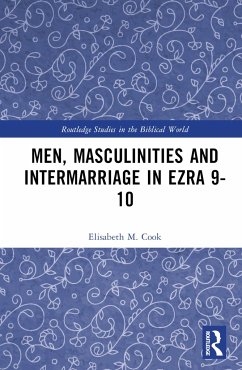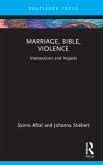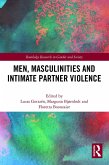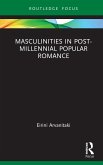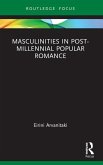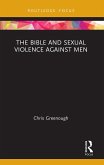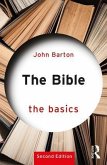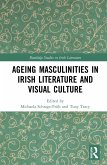Offering a reading of the intermarriage debate and expulsion of the foreign women in Ezra 9-10, this book engages with the production and performance of masculinities in this biblical text, shifting the focus away from the 'foreign women' to the men who are the primary actors in this work.
This approach addresses the diversity of masculinities and the ways in which they are implicated in the production of power relations in the text. It explores the 'feminized' masculinity of the peoples-of-the-lands, the unstable masculinity of the golah, Ezra's performance of penitential masculinity, and the rehabilitation of divine masculinity. The rejection of the marriages and the call for the expulsion of the women and children are addressed as sites on which masculinities and power relations are configured. In doing so, this book sheds light on how women and the traits and performances culturally ascribed to women, femininity and inferior masculinities, are appropriated to produce masculinities and negotiate power relations between men. It posits that the debate in Ezra 9-10 is not, ultimately, about the women themselves, but about bringing the masculinities, bodies and practices of dissenting men under the 'management' of those who wield the Torah in the narrative world of the text.
Men, Masculinities and Intermarriage in Ezra-9-10 is of interest for scholars and students working on the Book of Ezra specifically, as well as the Hebrew Bible and its world more broadly. It is also a valuable study for those working on masculinities and gender in the biblical world and ancient Near East.
This approach addresses the diversity of masculinities and the ways in which they are implicated in the production of power relations in the text. It explores the 'feminized' masculinity of the peoples-of-the-lands, the unstable masculinity of the golah, Ezra's performance of penitential masculinity, and the rehabilitation of divine masculinity. The rejection of the marriages and the call for the expulsion of the women and children are addressed as sites on which masculinities and power relations are configured. In doing so, this book sheds light on how women and the traits and performances culturally ascribed to women, femininity and inferior masculinities, are appropriated to produce masculinities and negotiate power relations between men. It posits that the debate in Ezra 9-10 is not, ultimately, about the women themselves, but about bringing the masculinities, bodies and practices of dissenting men under the 'management' of those who wield the Torah in the narrative world of the text.
Men, Masculinities and Intermarriage in Ezra-9-10 is of interest for scholars and students working on the Book of Ezra specifically, as well as the Hebrew Bible and its world more broadly. It is also a valuable study for those working on masculinities and gender in the biblical world and ancient Near East.

